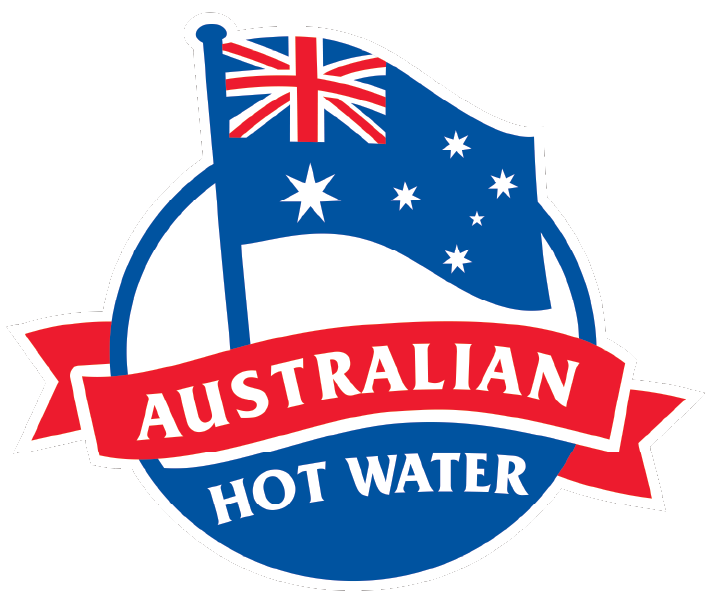-
How do the different systems work and what are the pros and cons?
Electric water heaters How it worksElectric storage hot water systems heat water with an element in the bottom of the unit and store it in an insulated tank ready for…
-
How much does it cost to install a hot water system?
If you’re replacing an existing hot water system with the same type in the same position, installation costs are relatively low, in the range of $220 to $660. If additional…
-
How do I determine what size water heater to buy?
This depends on how many people live in your home, how much hot water you use, and when you use it. A storage heater that is too small will continually…
-
How much should I pay for a hot water system?
System Type Avg. Minimum Price Avg. Maximum PriceElectric – “Storage” $750 (50L) to $2200 (400L)Electric – “Instant” $800 to $1400Gas – “Storage” $1500 (135L) to $2300 (380L)Gas – “Instant” $1400 to $1900Solar…
-
How long do hot water systems last?
A hot water system represents a significant investment and it’s important you make sure you are getting the most value from your money by buying a hot water system that…
-
How does a hot water system work?
Demystifying the Process: How Hot Water Systems Excel in Heating Water In the following FAQ, “How Hot Water Systems Work,” we unravel the intricacies of heating water efficiently for your…
-
What size hot water system do I need?
Every family and home is different, so choosing the right size hot water system to install for your needs can save you money and disappointment. Choosing the Right Fit: Hot…
-
What Is the Best Hot Water System?
This is the first question most people want to ask when they are on the hunt for a new hot water system. There are so many different variables that go…
-
No hot water is coming out of taps or water is cold
If you have cold water coming out of your hot tap outlets , but not hot water, it’s best to check your hot water tank and make sure that all…
-
The water temperature keeps changing
Water Heater Failure Mains pressure storage water heaters regularly last for eight to ten years before they require replacement. If your hot water heater is nearing the end of its…


